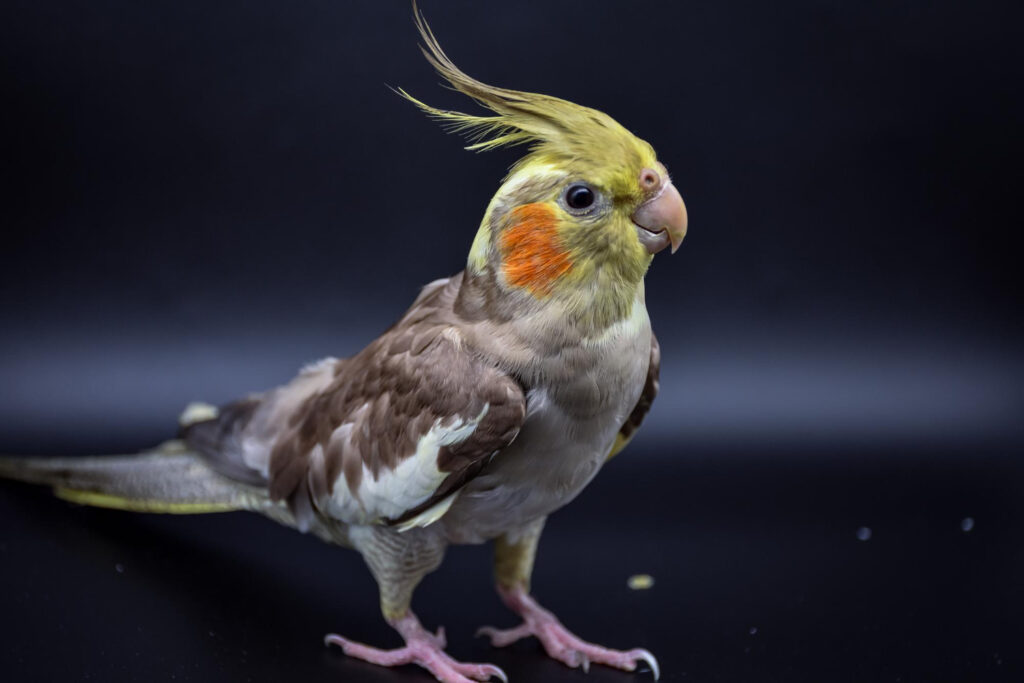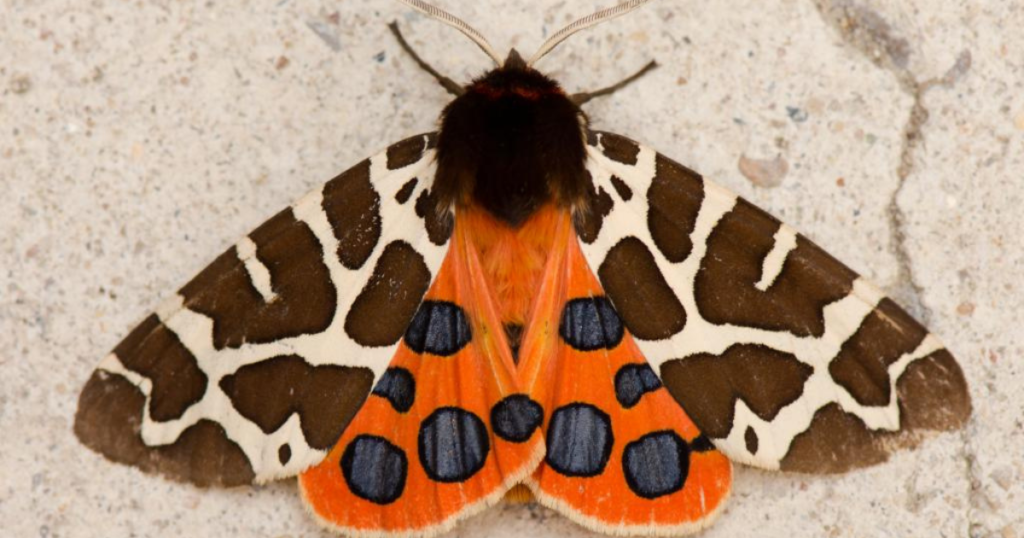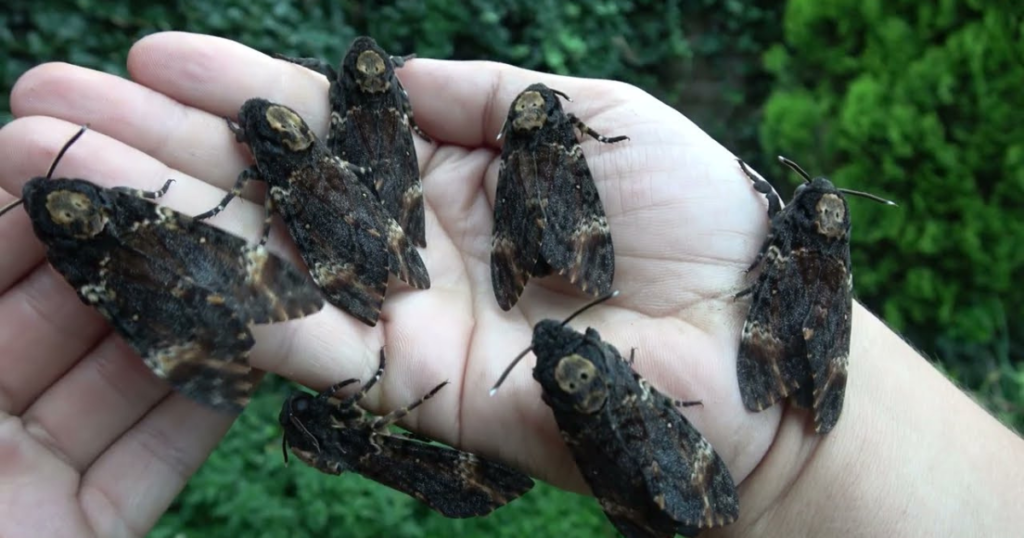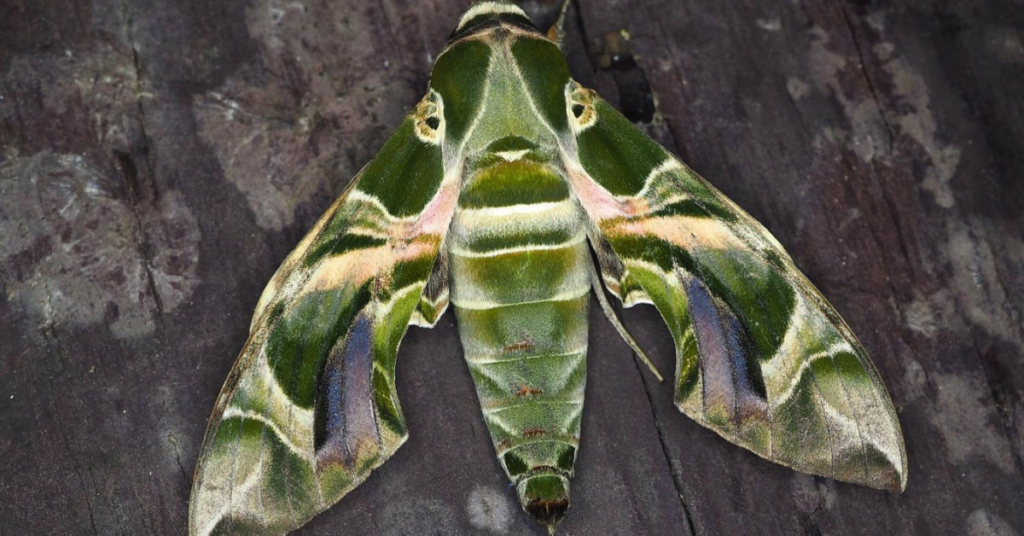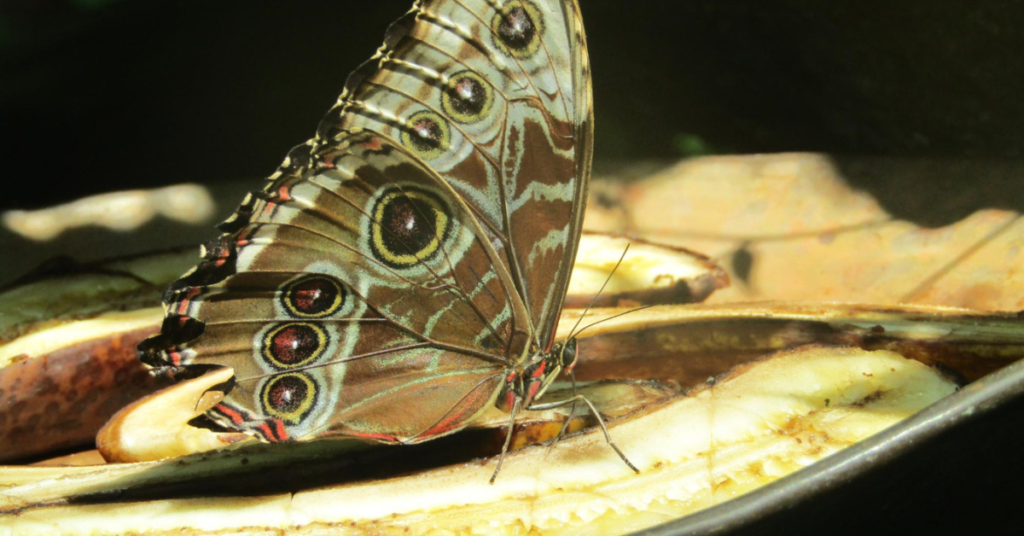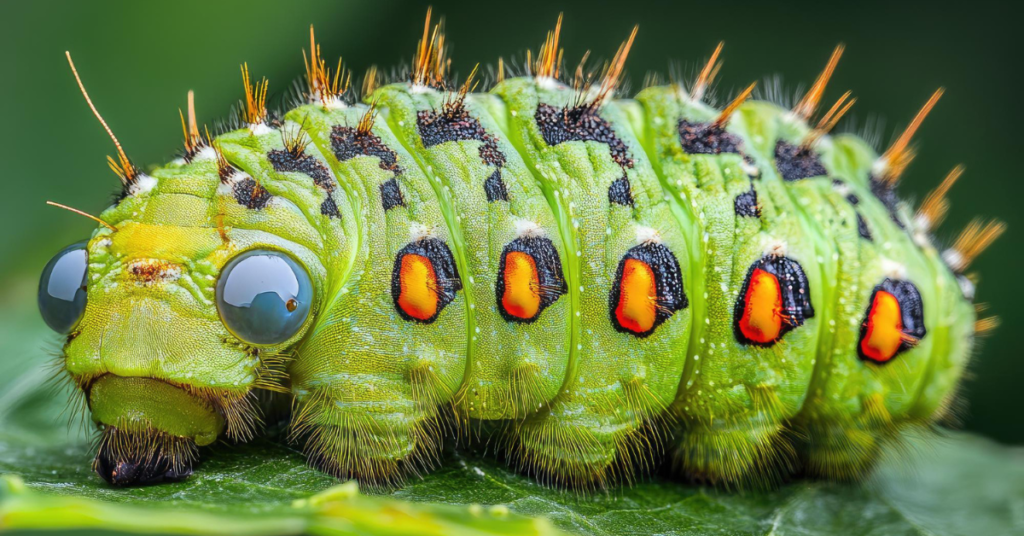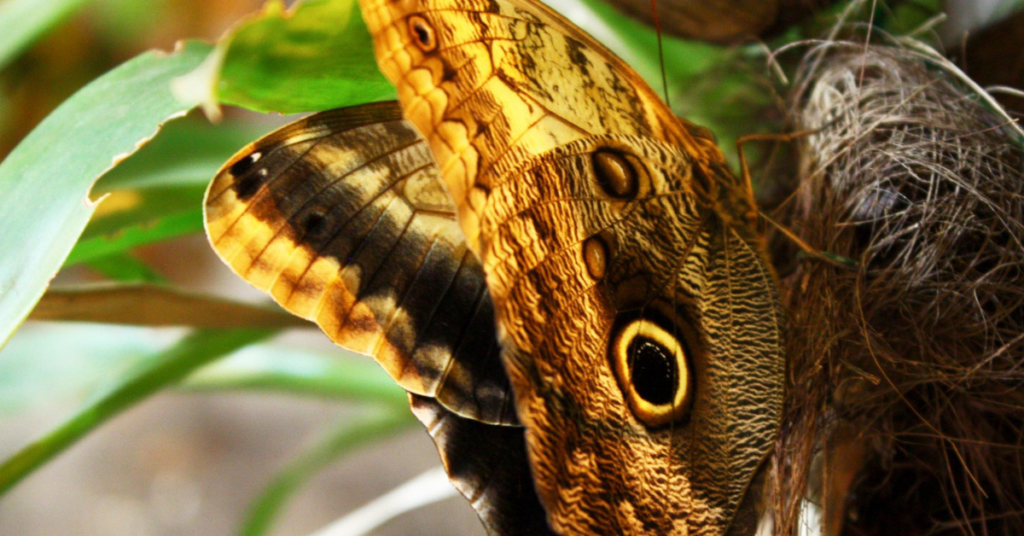Bringing home a feathered companion is an exciting journey, and when it comes to charming personalities, melodious whistles, and affectionate behaviour, few birds rival the Cockatiel Breed. Whether you’re a first-time bird owner or a seasoned avian enthusiast, understanding the specific care, health requirements, and lifespan of the Cockatiel Breed is crucial to ensuring your pet lives a long, happy life.
This complete guide offers expert insight into their environment, diet, grooming needs, training, and more—everything you need to know about caring for the delightful Cockatiel Breed.
Table of Contents
ToggleWhat Makes the Cockatiel Breed So Popular?
The Cockatiel Breed originates from Australia and is a proud member of the parrot family. These birds are known for their iconic head crests, orange cheek patches, and friendly, curious nature. They are smaller than most parrots, making them ideal for people living in flats or smaller homes.
Key Traits of the Cockatiel Breed
- Size: 12 to 13 inches (from head to tail)
- Weight: 90–120 grams
- Temperament: Gentle, intelligent, sociable
- Colour Variants: Grey (standard), Lutino, Pied, Albino, Pearl
- Lifespan: 15 to 25 years with proper care
The Cockatiel Breed is naturally social and thrives in an environment filled with human interaction. These birds can whistle, mimic sounds, and even perform simple tricks with positive reinforcement, making them both entertaining and interactive pets.
Creating the Ideal Home for Your Cockatiel
Creating a safe, engaging, and spacious living environment is the first step in providing excellent care for the Cockatiel Breed.
Choosing the Right Cage
A minimum cage size of 24″ x 18″ x 24″ is required, with enough space for your cockatiel to stretch its wings and move freely. Ensure the cage:
- Has horizontal bars for climbing.
- Is made from non-toxic, powder-coated metal.
- Includes multiple perches of different diameters.
- Is easy to clean and well-ventilated.
Proper Placement Matters
Position the cage in a well-lit area, away from drafts, direct sunlight, and kitchens (due to dangerous fumes from non-stick cookware). Cockatiels enjoy interaction, so place their cage where there’s human activity—like the living room—but ensure they get quiet time too.
Cockatiel Breed Nutrition: What to Feed and What to Avoid
Diet plays a key role in the overall health and lifespan of the Cockatiel Breed. A poor diet can lead to obesity, malnutrition, and behavioural issues.
Daily Diet Essentials
- Pellets: Make up 60–70% of their daily intake. Choose a vet-approved, organic pellet mix.
- Seeds: While they love seeds, limit them to treats due to high fat content.
- Fresh Fruits & Vegetables: Include carrots, kale, spinach, apples (seedless), and berries. Avoid avocado, chocolate, caffeine, and onions.
Supplements and Water
Add a calcium supplement like cuttlebone or mineral blocks, especially for egg-laying females. Always provide clean, fresh water and wash their dishes daily.
Daily Cockatiel Care Tips for a Happy Bird
Social Time is Crucial
The Cockatiel Breed craves attention. Daily interaction is essential—talk to them, whistle, or let them perch on your finger. Birds left in isolation can become depressed or aggressive.
Mental Stimulation
Provide chew toys, mirrors, bells, and foraging puzzles. Change their toys weekly to keep things exciting and prevent boredom.
Bathing and Hygiene
Cockatiels enjoy bathing. Offer a shallow bowl of lukewarm water or use a mist spray. Bathing helps with feather maintenance and skin hydration.
Health Insights for the Cockatiel Breed
Maintaining health requires vigilance. Observing your bird’s behaviour and droppings daily helps detect illness early.
Common Cockatiel Health Issues
- Respiratory Infections: Symptoms include sneezing, nasal discharge, and tail bobbing.
- Feather Plucking: Often caused by stress or boredom.
- Egg Binding: A serious issue in females who strain but can’t lay eggs.
- Psittacosis: A bacterial infection transmissible to humans; symptoms include lethargy and green droppings.
Routine Health Care
- Annual avian vet check-ups
- Regular trimming of nails and beak (only by professionals)
- Clean cage weekly with bird-safe disinfectant
Cockatiel Lifespan: How Long Do They Live?
The Cockatiel Breed can live anywhere from 15 to 25 years in captivity. Several factors influence this, including:
1. Balanced Diet
A poor diet shortens life expectancy. Feeding fresh food and quality pellets is essential.
2. Environment
Clean, stress-free environments help prevent disease.
3. Emotional Well-being
Loneliness or boredom can lead to feather plucking and mental decline.
4. Regular Vet Visits
Early diagnosis of health issues drastically improves recovery and lifespan.
Training and Bonding With the Cockatiel Breed
Cockatiels are intelligent and eager to learn. Training helps build trust and offers mental stimulation.
Getting Started with Training
- Start with simple commands like “step up”.
- Use millet treats as positive reinforcement.
- Be consistent and patient.
- Over time, the Cockatiel Breed can learn to whistle tunes, mimic simple words, and even perform tricks like waving or turning in circles.
Breeding Cockatiels Responsibly
Breeding the Cockatiel Breed is a rewarding but serious responsibility. If you’re planning to breed them:
Essential Breeding Tips
- Set up a quiet breeding cage with a nest box
- Ensure the female has plenty of calcium
- Avoid breeding more than twice a year
- Monitor the eggs and chicks for health
Travelling with a Cockatiel
Safe Travel Tips
- Use a secure, well-ventilated travel cage
- Bring familiar toys and some favourite food
- Never leave them in hot cars or drafty areas
If you must leave them behind, opt for an experienced avian sitter or boarding facility familiar with the Cockatiel Breed.
Is the Cockatiel Breed the Right Pet for You?
Before adopting, ask yourself:
- Can I spend daily time with my bird?
- Can I commit to 15–25 years?
- Am I willing to invest in quality food, toys, and vet care?
If you answered yes, the Cockatiel Breed may be your perfect match!
Conclusion
Owning a Cockatiel Breed is more than just keeping a pet—it’s welcoming a feathery friend into your daily life. With proper nutrition, enrichment, social time, and health care, these intelligent birds can thrive and bring joy to your home for decades.
Whether you’re drawn to their charming whistles, loving nature, or low-maintenance lifestyle, caring for the Cockatiel Breed is a rewarding journey filled with music, companionship, and cheerful chirps.

